News Express
-
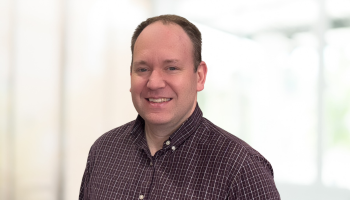 Electrical Therapy Offers New Hope for Nerve Injury Patients
Electrical Therapy Offers New Hope for Nerve Injury PatientsSeptember 23, 2025
-
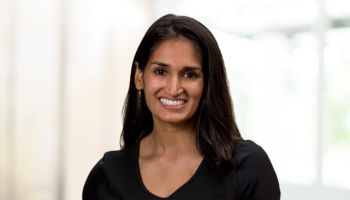 New Frontiers in Duchenne Research: How Endothelial Cells Could Unlock Better Treatments
New Frontiers in Duchenne Research: How Endothelial Cells Could Unlock Better TreatmentsSeptember 23, 2025
-
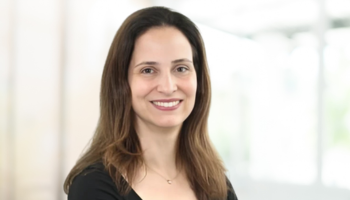 Safe, Bedside Imaging Breakthrough Offers Hope for Children with Muscular Dystrophy
Safe, Bedside Imaging Breakthrough Offers Hope for Children with Muscular DystrophySeptember 23, 2025
-
 New Brain Stimulation Research Offers Hope for Cancer Survivors with Nerve Damage
New Brain Stimulation Research Offers Hope for Cancer Survivors with Nerve DamageSeptember 23, 2025
-
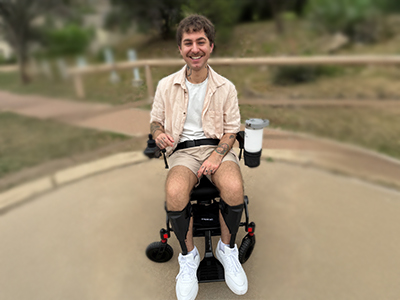 Finding Harmony: Mikey Stone's Journey with ALS
Finding Harmony: Mikey Stone's Journey with ALSSeptember 23, 2025
-
.jpg?sfvrsn=8fc888ee_5) Celebrating the 2025 ANF President's Research Initiative Award Winners
Celebrating the 2025 ANF President's Research Initiative Award WinnersAugust 19, 2025
-
 Thapat Wannarong, MD, Receives ANF's 2025 Golseth Young Investigator Runner-Up Award
Thapat Wannarong, MD, Receives ANF's 2025 Golseth Young Investigator Runner-Up AwardAugust 11, 2025
Thapat Wannarong, MD, has been named the Runner-Up for the Golseth Young Investigator Award, recognizing his impactful research myofibrillar myopathy.
-
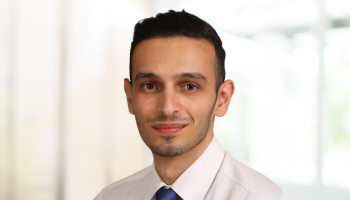 Muhannad Seyam, MD, Receives ANF's 2025 Golseth Young Investigator Award
Muhannad Seyam, MD, Receives ANF's 2025 Golseth Young Investigator AwardAugust 11, 2025
Muhannad Seyam, MD, has been named the 2025 recipient of the American Neuromuscular Foundation’s Golseth Young Investigator Award for his innovative research on predicting survival in patients with ALS.
-
 Nathaniel Wooten, MD, Receives an ANF Pediatric Research Award
Nathaniel Wooten, MD, Receives an ANF Pediatric Research AwardAugust 10, 2025
Nathaniel Wooten, MD, has received a Pediatric Research Award from the American Neuromuscular Foundation.
-
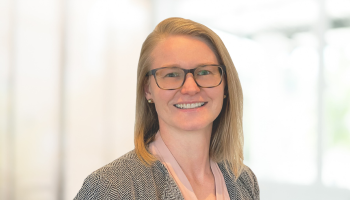 Amber Vocelle, DO, PhD, Receives an ANF Pediatric Research Award
Amber Vocelle, DO, PhD, Receives an ANF Pediatric Research AwardAugust 10, 2025
Amber Vocelle, DO, PhD, has received a Pediatric Research Award from the American Neuromuscular Foundation.
-
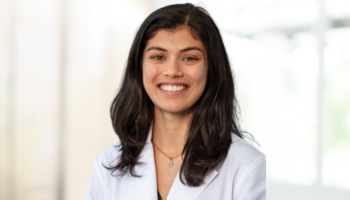 Ria Tilve, MPH, Receives an ANF Pediatric Research Award
Ria Tilve, MPH, Receives an ANF Pediatric Research AwardAugust 10, 2025
Ria Tilve, MPH, has received a Pediatric Research Award from the American Neuromuscular Foundation.
-
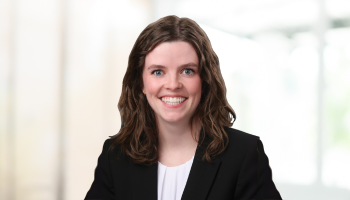 Natalie Givens, BS, Receives an ANF Pediatric Research Award
Natalie Givens, BS, Receives an ANF Pediatric Research AwardAugust 10, 2025
-
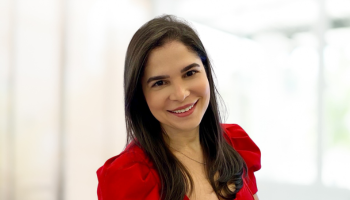 Mariana Brito, MD, Receives an ANF Pediatric Research Award
Mariana Brito, MD, Receives an ANF Pediatric Research AwardAugust 10, 2025
Mariana Brito, MD, has received a Pediatric Research Award from the American Neuromuscular Foundation.
-
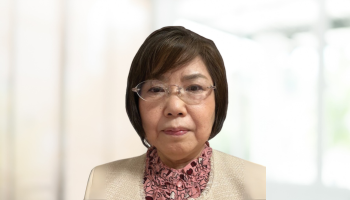 Naoko Takamatsu, MT, Receives ANF's 2025 Technologist Best Abstract Award
Naoko Takamatsu, MT, Receives ANF's 2025 Technologist Best Abstract AwardAugust 10, 2025
Naoko Takamatsu is the recipient of this year’s Technologist Best Abstract award.
-
 Tuan Vu, MD, Receives ANF's 2025 Best Abstract Runner-Up Award
Tuan Vu, MD, Receives ANF's 2025 Best Abstract Runner-Up AwardAugust 10, 2025
Tuan Vu, MD, Receives ANF's 2025 Best Abstract Runner-Up Award
-
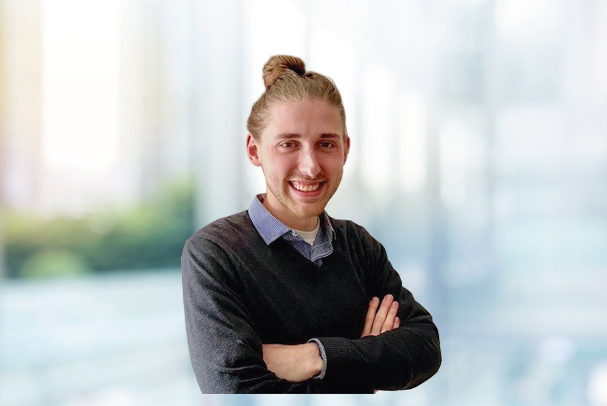 Tyler Nelson, PhD, Receives ANF's 2025 Best Abstract Award
Tyler Nelson, PhD, Receives ANF's 2025 Best Abstract AwardAugust 10, 2025
Tyler Nelson, PhD, Receives ANF's 2025 Best Abstract Award.
-
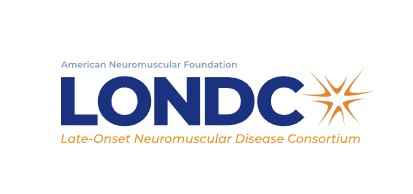 LONDC Moves to Develop Patient and Physician Tools
LONDC Moves to Develop Patient and Physician ToolsJuly 01, 2025
The LONDC has made strides in their campaign to develop patient and physician tools.
-
.jpg?sfvrsn=8fc888ee_5) New ANF Scholarships Make Exploring NM and EDX Medicine More Accessible Than Ever
New ANF Scholarships Make Exploring NM and EDX Medicine More Accessible Than EverJune 06, 2025
-
.png?sfvrsn=aa822af2_1) Resilience in Medicine: How Dr. Andriana Tompary’s Diagnosis Shapes Her Life and Her Practice
Resilience in Medicine: How Dr. Andriana Tompary’s Diagnosis Shapes Her Life and Her PracticeJune 03, 2025
-
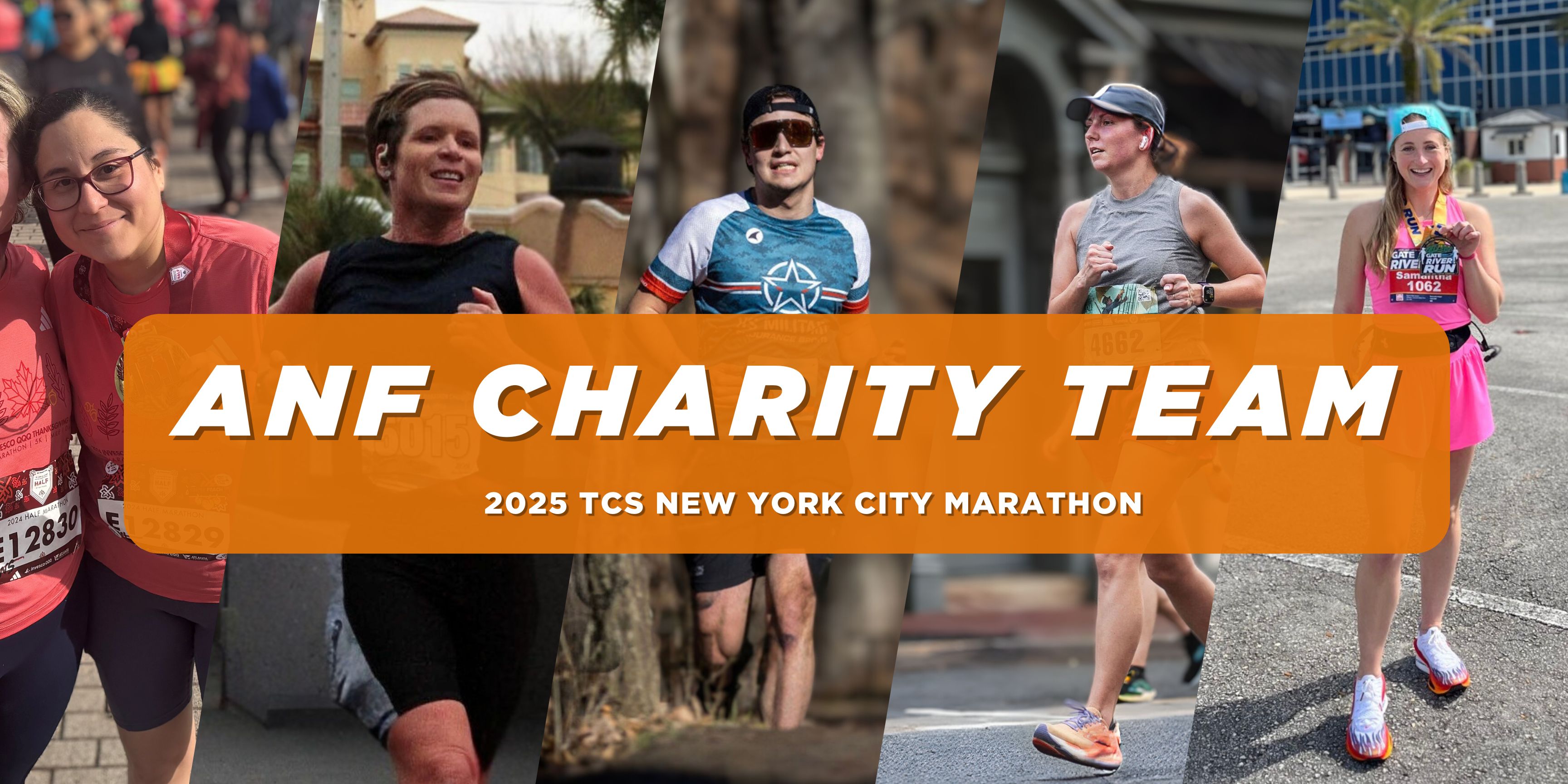 Five Runners, One Cause: Running for a Cure
Five Runners, One Cause: Running for a CureJune 02, 2025
Meet the five runners joining together as the 2025 American Neuromuscular Foundation Charity Team, lacing up their shoes to take on the iconic TCS New York City Marathon in an effort to raise awareness and funds for neuromuscular disease research and education.
